2000 Honda Accord Brake Rotors and Pads
Click here to search another vehicle
All Rotors:
OEM x
Coated x
Drilled, Slotted and Coated x
Front x
Rear x
All Pads:
Ceramic x
Semi-metallic x
Front x
Rear x
Found 31 record
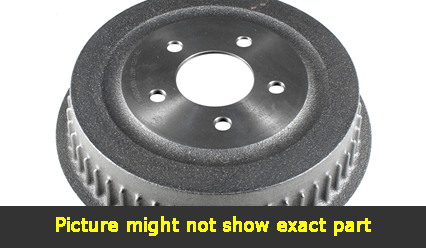
Part No: BD3528
Raybestos: 9458
OE: 42610SM4010
Raybestos: 9458
OE: 42610SM4010
$38.97 each
Per Car QTY: 2
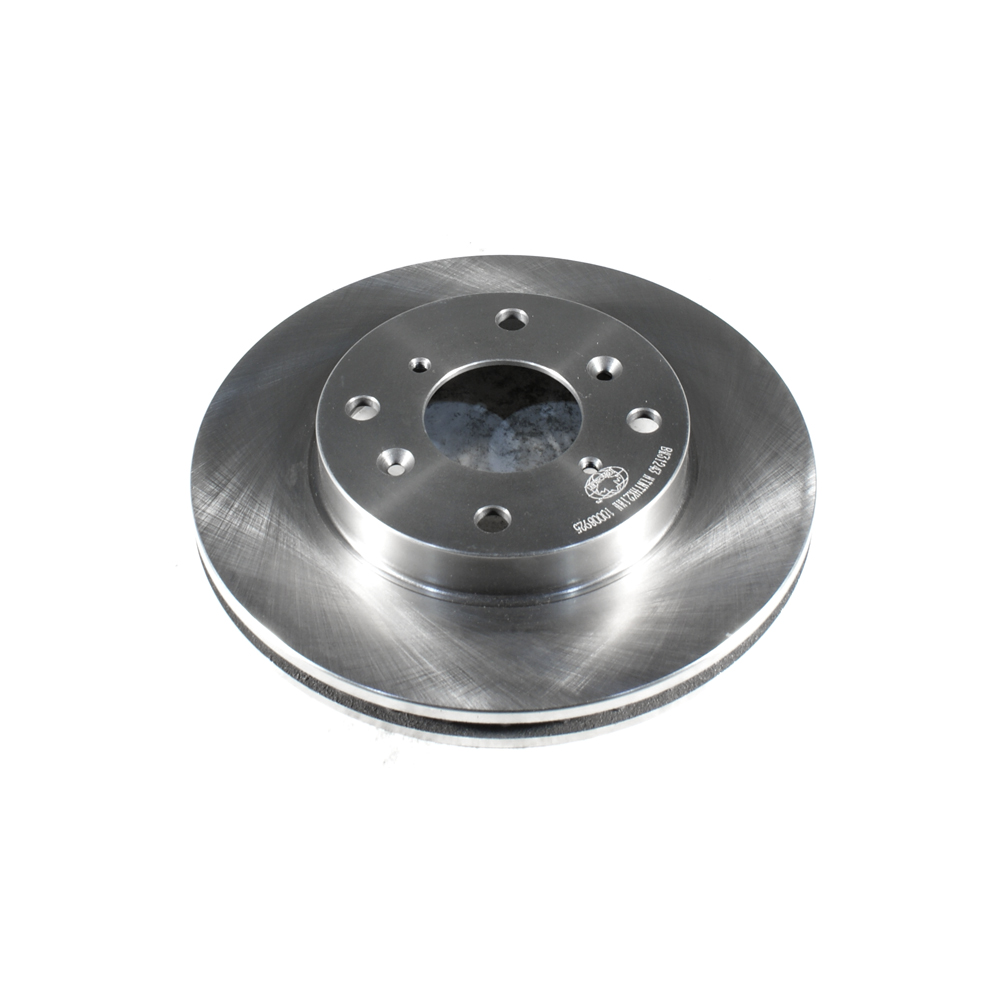
Part No: BR31243
Raybestos: 96709
OE: 45251S84A01
Raybestos: 96709
OE: 45251S84A01
$25.87 each
Per Car QTY: 2
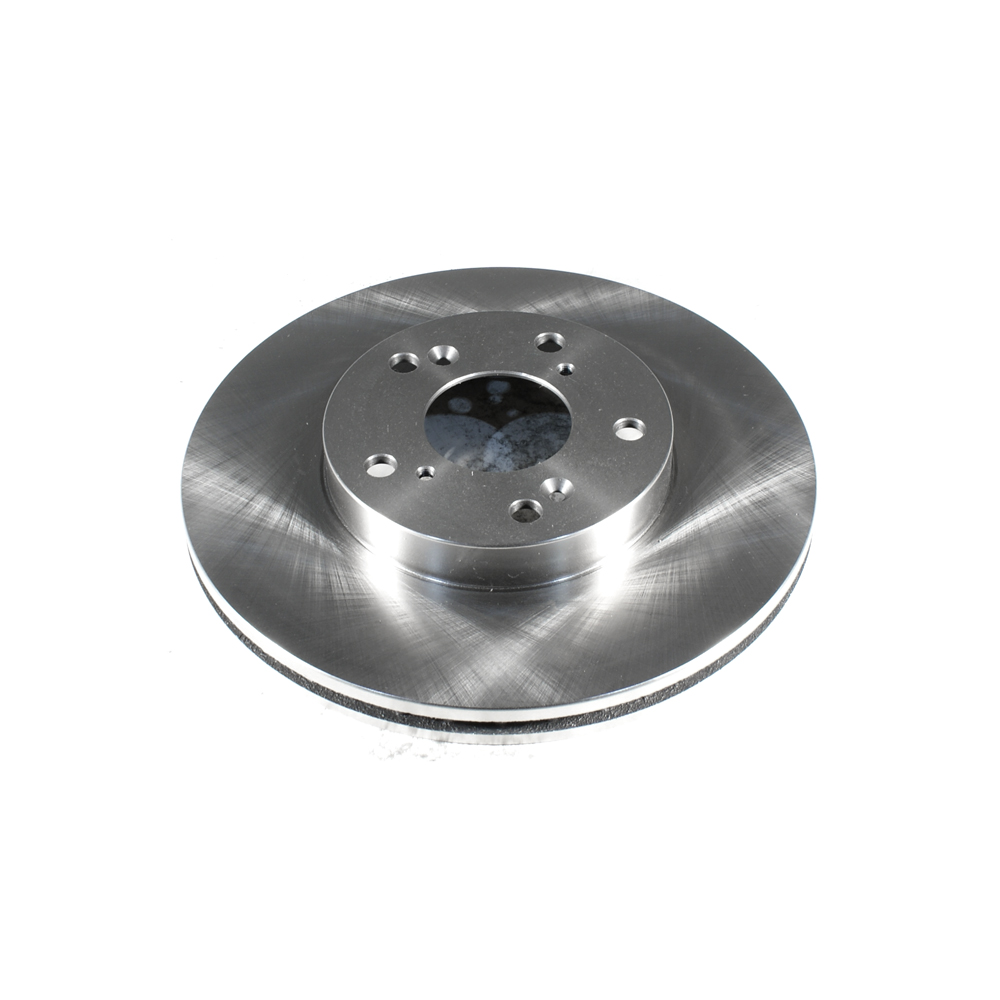
Part No: BR31257
Raybestos: 96711/980072
OE: 45251TA5A00
Raybestos: 96711/980072
OE: 45251TA5A00
$36.52 each
Per Car QTY: 2
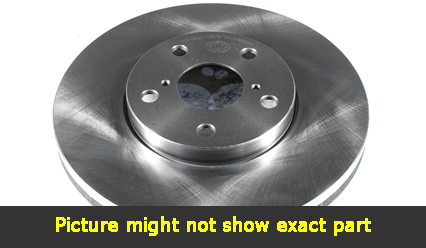
Part No: BR575121
Raybestos: 981037
OE:
Raybestos: 981037
OE:
$37.66 each
Per Car QTY: 2
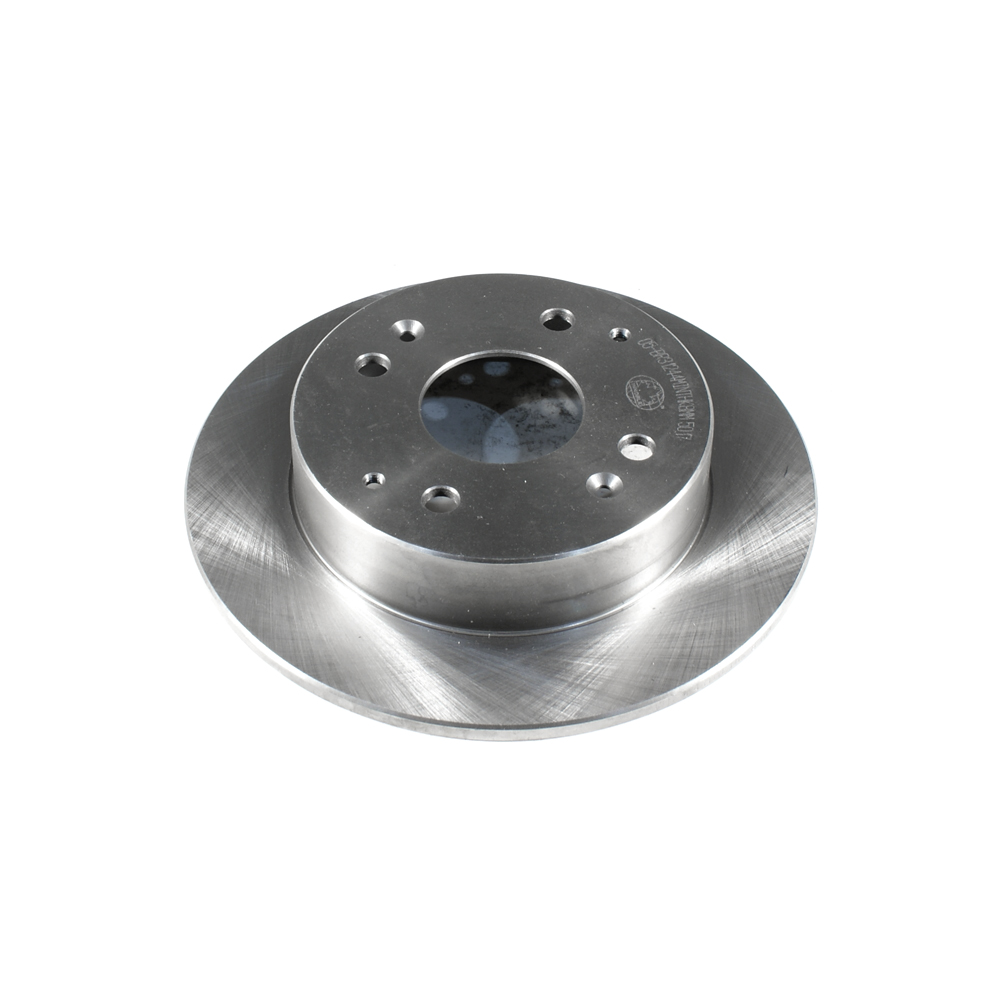
Part No: BR31244
Raybestos: 96708
OE: 42510S84A50
Raybestos: 96708
OE: 42510S84A50
$19.15 each
Per Car QTY: 2
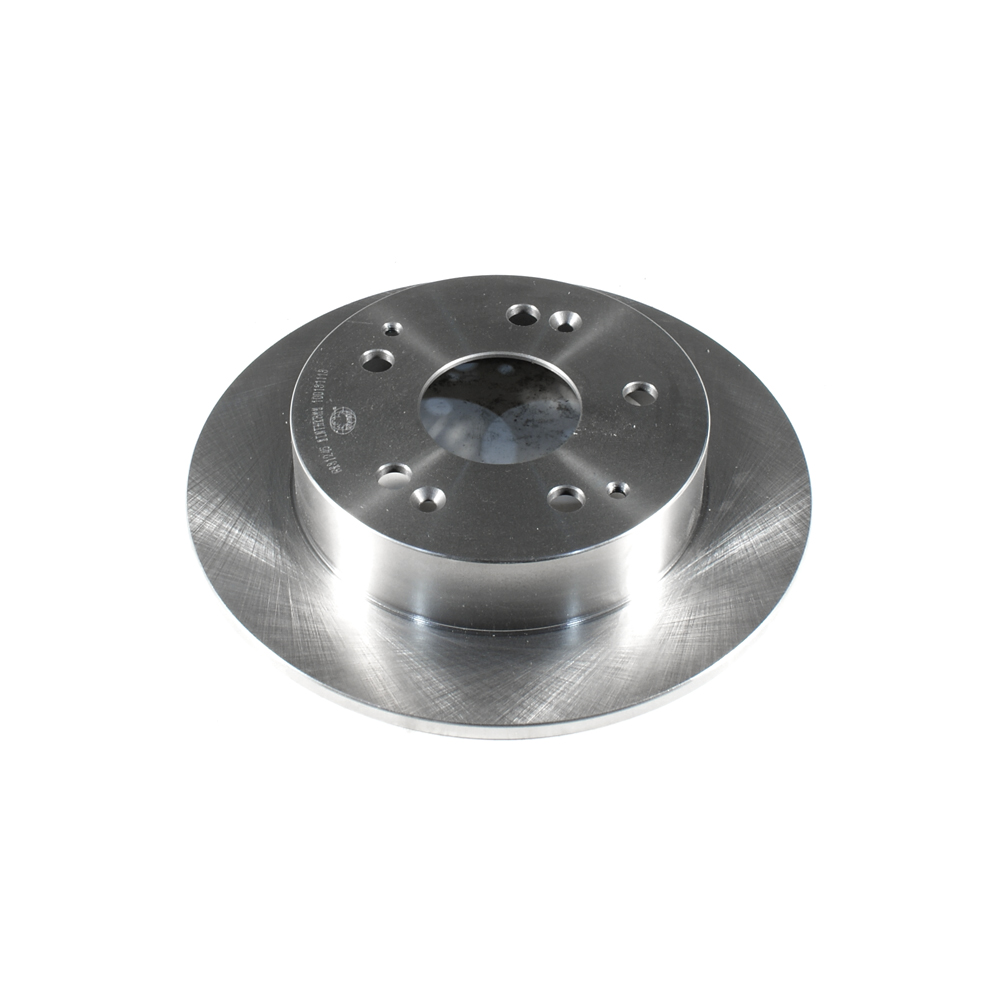
Part No: BR31245
Raybestos: 96710/980245
OE: 42510S87A00
Raybestos: 96710/980245
OE: 42510S87A00
$21.31 each
Per Car QTY: 2
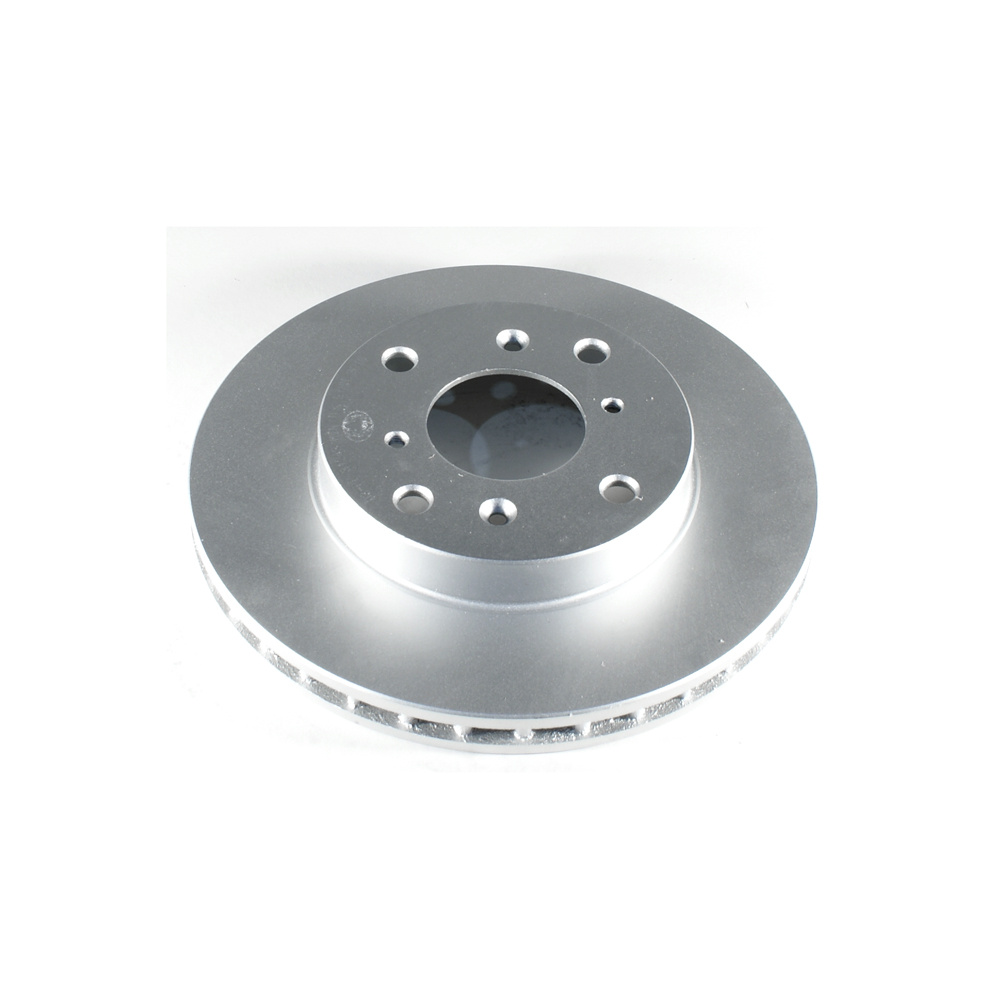
Part No: PP31243
Raybestos: 96709
OE: 45251S84A01
Raybestos: 96709
OE: 45251S84A01
$33.82 each
Per Car QTY: 2
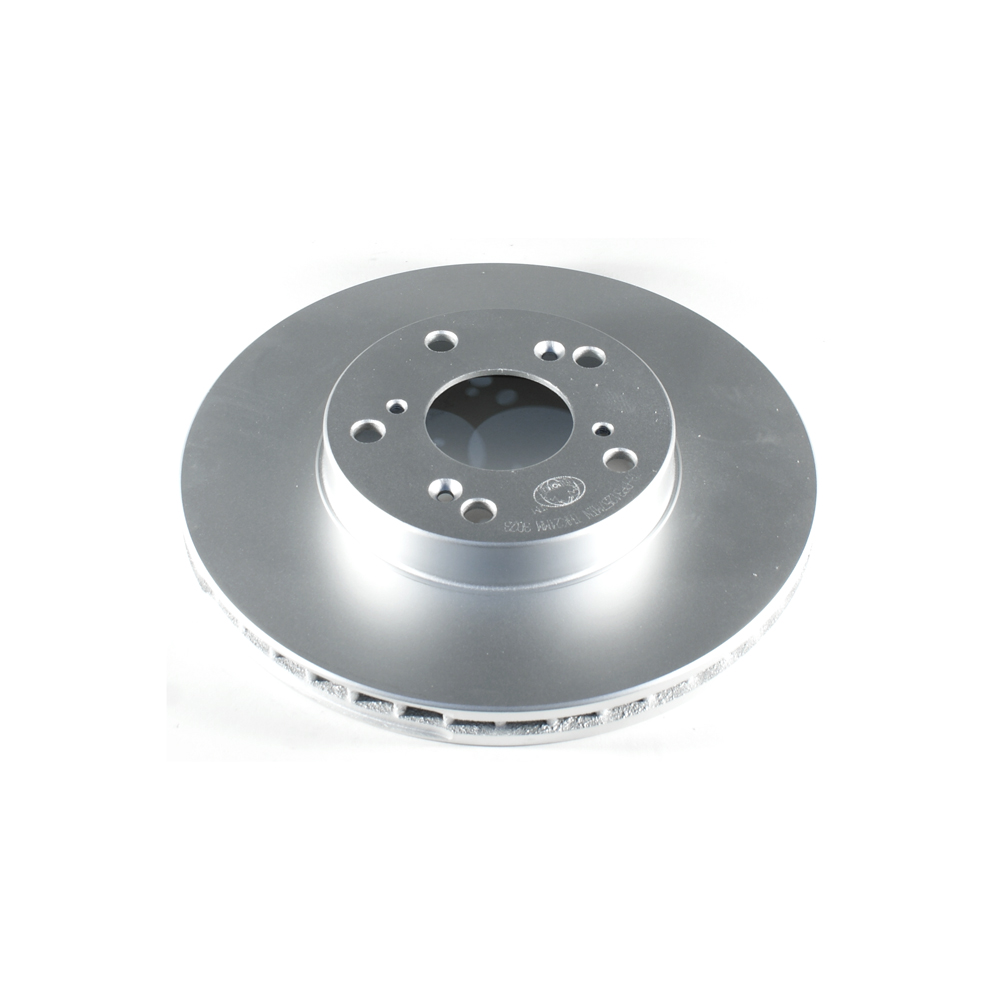
Part No: PP31257
Raybestos: 96711
OE: 45251S7AN10
Raybestos: 96711
OE: 45251S7AN10
$45.94 each
Per Car QTY: 2
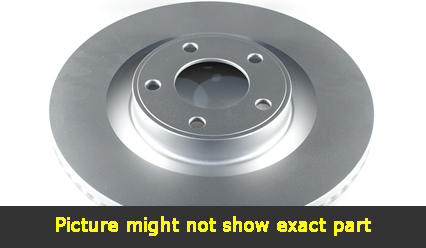
Part No: PP575121
Raybestos: 981037
OE:
Raybestos: 981037
OE:
$45.74 each
Per Car QTY: 2
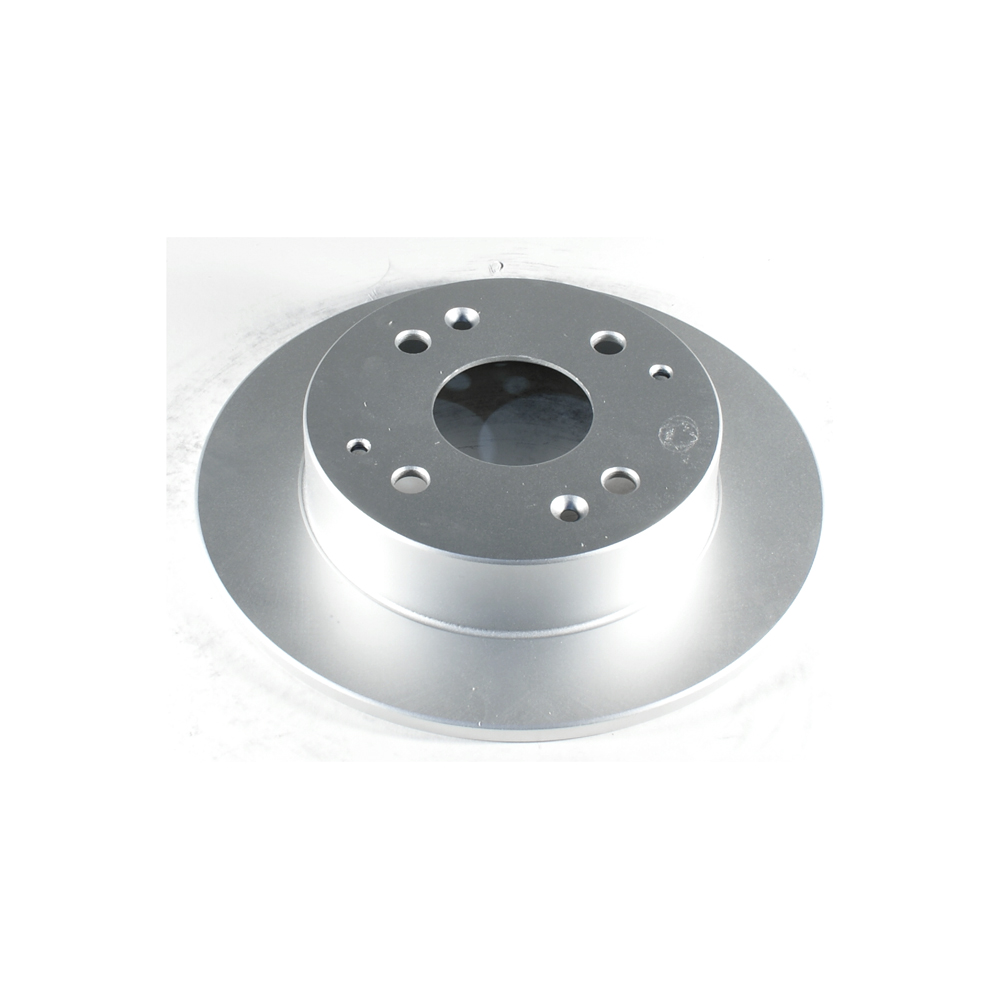
Part No: PP31244
Raybestos: 96708
OE: 42510S84A50
Raybestos: 96708
OE: 42510S84A50
$27.18 each
Per Car QTY: 2
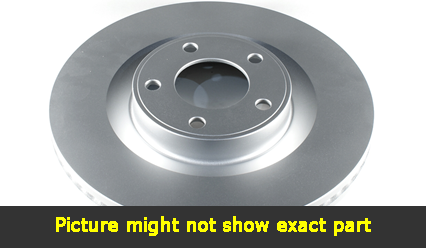
Part No: PP31245
Raybestos: 96710
OE: 42510S87A00
Raybestos: 96710
OE: 42510S87A00
$29.57 each
Per Car QTY: 2
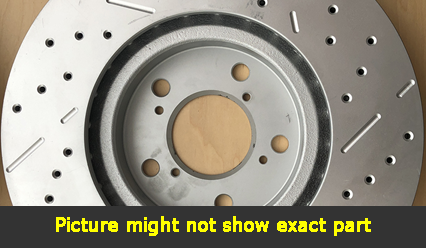
Part No: SP31243L
Raybestos: 96709
OE: 45251S84A01
Raybestos: 96709
OE: 45251S84A01
$66.22 each
Per Car QTY: 1
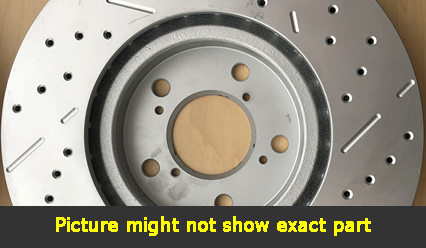
Part No: SP31243R
Raybestos: 96709
OE: 45251S84A01
Raybestos: 96709
OE: 45251S84A01
$66.22 each
Per Car QTY: 1
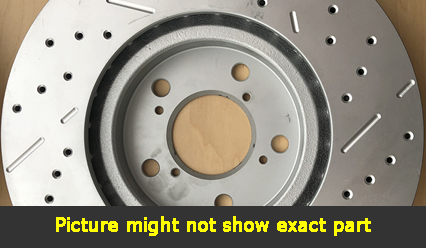
Part No: SP31257L
Raybestos: 96711/980072
OE: 45251TA5A00
Raybestos: 96711/980072
OE: 45251TA5A00
$78.34 each
Per Car QTY: 1
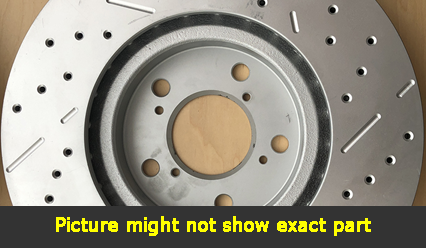
Part No: SP31257R
Raybestos: 96711/980072
OE: 45251TA5A00
Raybestos: 96711/980072
OE: 45251TA5A00
$78.34 each
Per Car QTY: 1
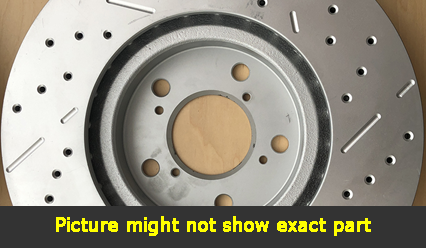
Part No: SP575121L
Raybestos: 981037
OE:
Raybestos: 981037
OE:
$78.14 each
Per Car QTY: 1
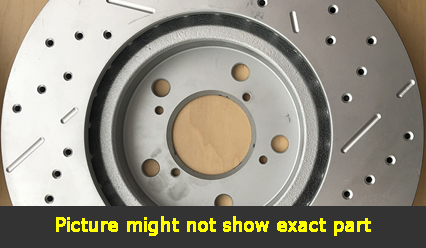
Part No: SP575121R
Raybestos: 981037
OE:
Raybestos: 981037
OE:
$78.14 each
Per Car QTY: 1
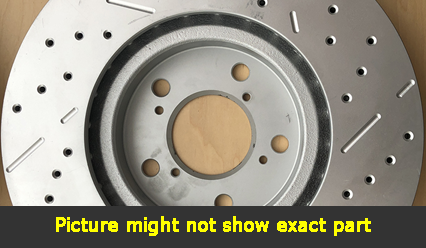
Part No: SP31244L
Raybestos: 96708
OE: 42510S84A50
Raybestos: 96708
OE: 42510S84A50
$59.58 each
Per Car QTY: 1

Part No: SP31244R
Raybestos: 96708
OE: 42510S84A50
Raybestos: 96708
OE: 42510S84A50
$59.58 each
Per Car QTY: 1
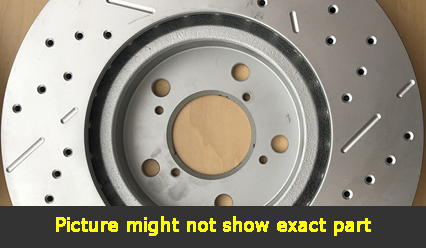
Part No: SP31245L
Raybestos: 96710/980245
OE: 42510S87A00
Raybestos: 96710/980245
OE: 42510S87A00
$61.97 each
Per Car QTY: 1
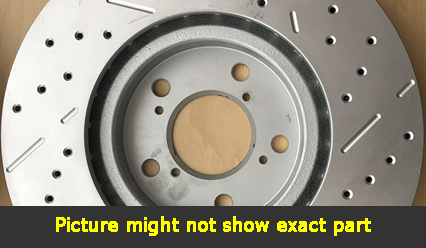
Part No: SP31245R
Raybestos: 96710/980245
OE: 42510S87A00
Raybestos: 96710/980245
OE: 42510S87A00
$61.97 each
Per Car QTY: 1
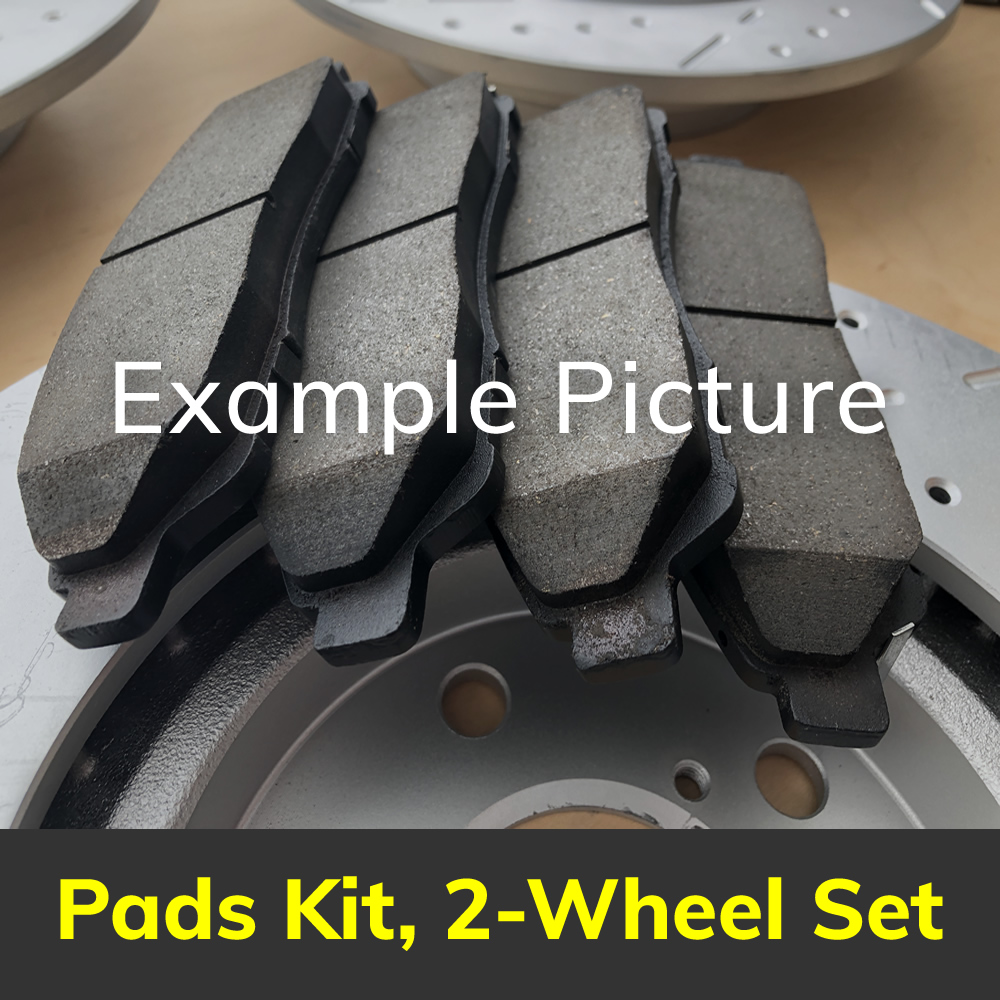
Part No: PD465AC
Raybestos: 465A
OE:
Raybestos: 465A
OE:
$27.05 each
Per Car QTY: 1
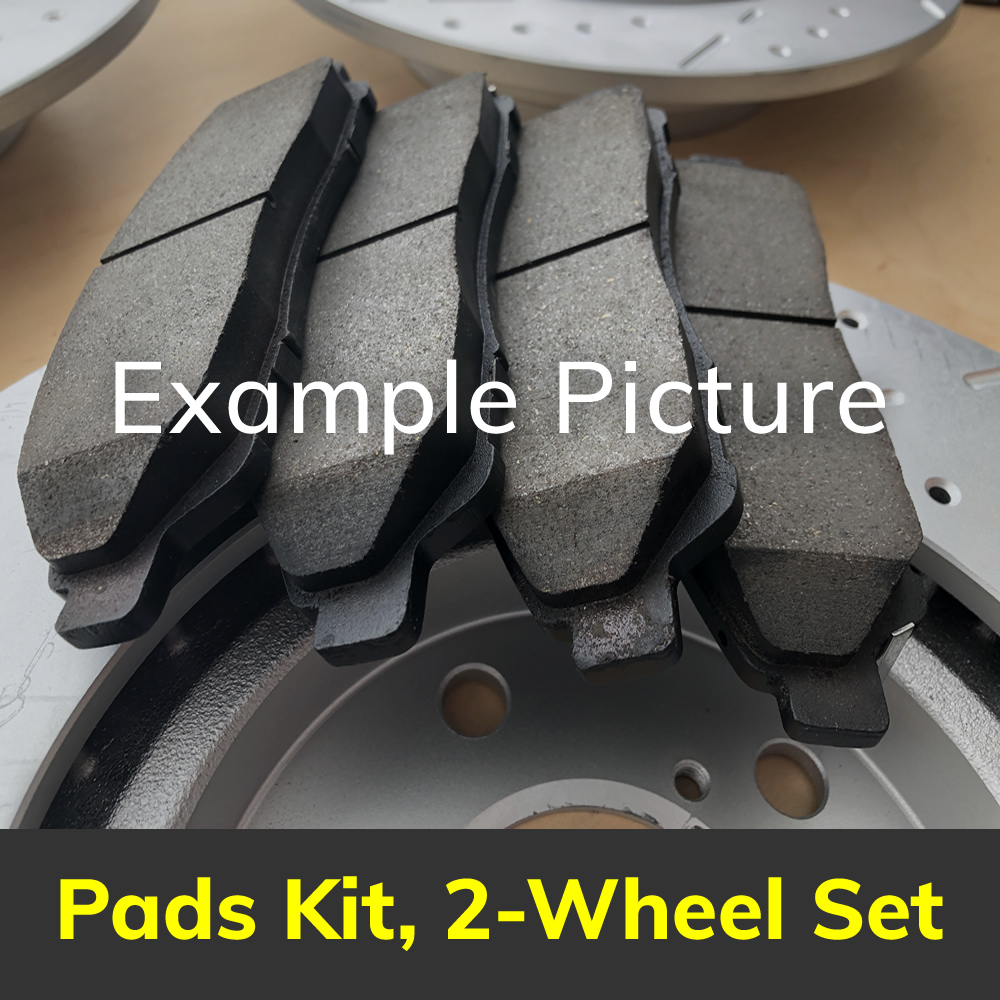
Part No: PD503C
Raybestos: 503
OE:
Raybestos: 503
OE:
$34.65 each
Per Car QTY: 1
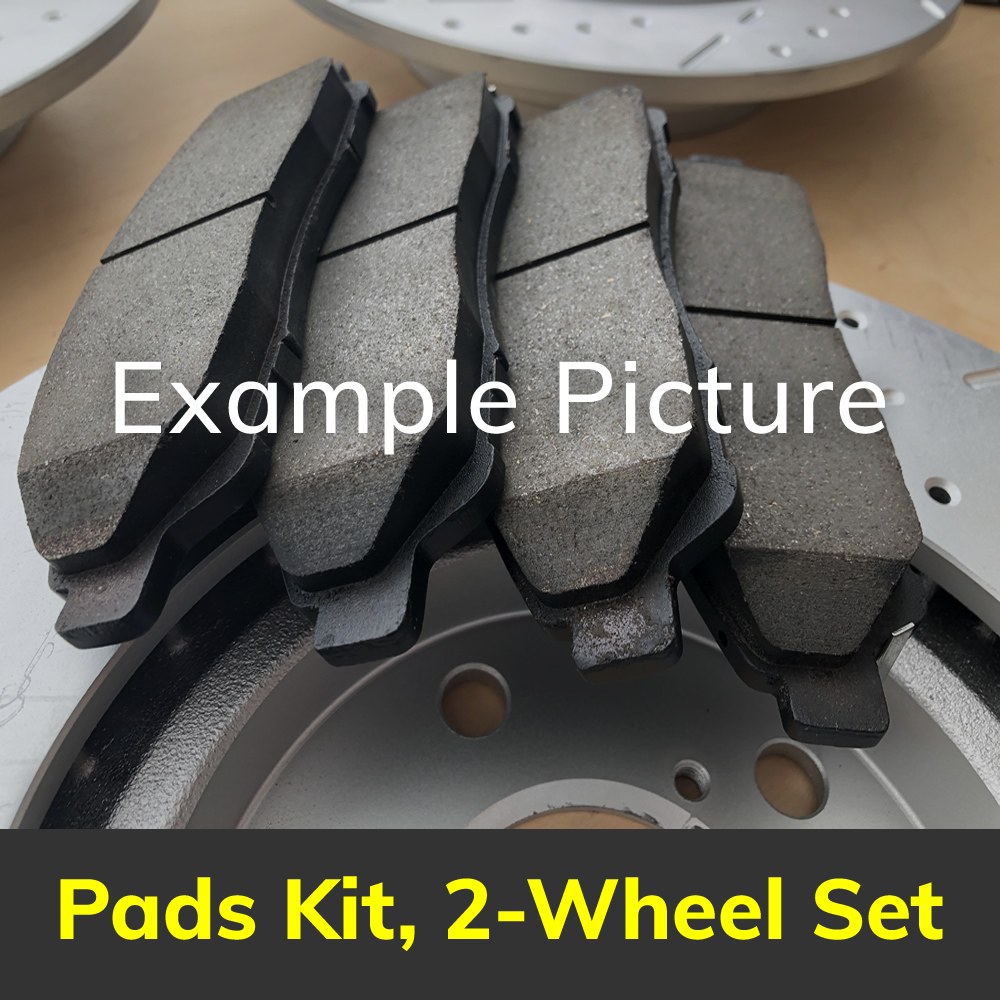
Part No: PD537C
Raybestos: 537
OE:
Raybestos: 537
OE:
$36.13 each
Per Car QTY: 1
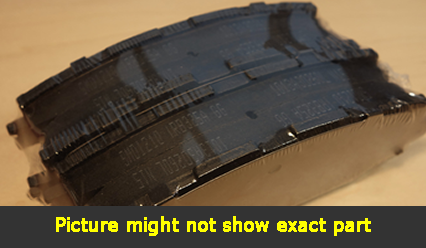
Part No: SMD465
Raybestos:
OE:
Raybestos:
OE:
$19.89 each
Per Car QTY: 1
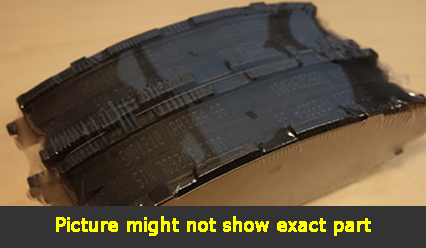
Part No: SMD465A
Raybestos:
OE:
Raybestos:
OE:
$19.89 each
Per Car QTY: 1
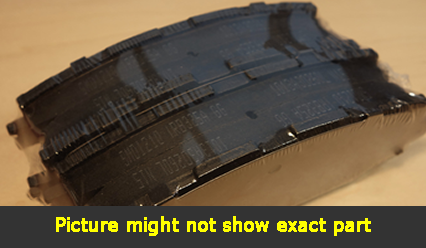
Part No: SMD503
Raybestos:
OE:
Raybestos:
OE:
$24.55 each
Per Car QTY: 1
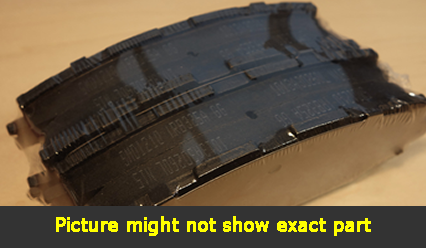
Part No: SMD537
Raybestos:
OE:
Raybestos:
OE:
$18.41 each
Per Car QTY: 1
The braking system of any vehicle is one of its most critical components when it comes to safety. The 2000 Honda Accord is no exception, as its braking system is designed to ensure optimal performance and reliability.
The braking system of the 2000 Honda Accord consists of various parts working together to slow down or stop the vehicle efficiently. These parts include the brake pads, brake rotors, brake calipers, and the brake fluid.
The brake pads are a crucial component of the braking system. They are made of a high-friction material that clamps onto the brake rotors to slow down or stop the vehicle. Over time, the brake pads wear down due to the constant friction, and it is essential to regularly inspect and replace them as needed. Worn-out brake pads can compromise the vehicle's stopping power and may even damage the brake rotors.
The brake rotors, or discs, are the metal discs that the brake pads clamp onto to create friction and slow down the vehicle. Since the brake pads are in constant contact with the brake rotors, they can also wear down over time. It is crucial to inspect the rotors for any signs of damage or excessive wear. If the rotors are severely worn or damaged, they may need to be resurfaced or replaced.
The brake calipers are responsible for housing the brake pads and applying pressure to them, which in turn clamps them onto the brake rotors. The calipers contain pistons that push against the brake pads, creating the needed friction to slow down or stop the vehicle. It is important to ensure that the brake calipers are functioning correctly and not sticking or seizing, as this can cause uneven wear on the brake pads and may lead to braking issues.
The brake fluid is an often overlooked but vital component of the braking system. It is responsible for transferring the pressure created by your foot on the brake pedal to the brake calipers. Over time, brake fluid can become contaminated with moisture and debris, affecting its ability to function properly. It is essential to flush and replace the brake fluid periodically to maintain optimal braking performance.
Regular maintenance and inspection of the braking system are crucial for the 2000 Honda Accord, just like any other vehicle. The owner's manual provides recommended intervals for brake pad replacement and brake fluid flushes, which should be followed to ensure safety and reliability.
In conclusion, the braking system of the 2000 Honda Accord is designed to deliver optimum performance and safety. However, regular inspection and maintenance are essential to keep the system in proper working order. Brake pads, rotors, calipers, and brake fluid all play crucial roles in the braking process, and neglecting any of these components can compromise the overall performance and safety of the vehicle. By following the manufacturer's recommendations and addressing any issues promptly, you can ensure that your 2000 Honda Accord's braking system performs optimally for miles to come.
The braking system of the 2000 Honda Accord consists of various parts working together to slow down or stop the vehicle efficiently. These parts include the brake pads, brake rotors, brake calipers, and the brake fluid.
The brake pads are a crucial component of the braking system. They are made of a high-friction material that clamps onto the brake rotors to slow down or stop the vehicle. Over time, the brake pads wear down due to the constant friction, and it is essential to regularly inspect and replace them as needed. Worn-out brake pads can compromise the vehicle's stopping power and may even damage the brake rotors.
The brake rotors, or discs, are the metal discs that the brake pads clamp onto to create friction and slow down the vehicle. Since the brake pads are in constant contact with the brake rotors, they can also wear down over time. It is crucial to inspect the rotors for any signs of damage or excessive wear. If the rotors are severely worn or damaged, they may need to be resurfaced or replaced.
The brake calipers are responsible for housing the brake pads and applying pressure to them, which in turn clamps them onto the brake rotors. The calipers contain pistons that push against the brake pads, creating the needed friction to slow down or stop the vehicle. It is important to ensure that the brake calipers are functioning correctly and not sticking or seizing, as this can cause uneven wear on the brake pads and may lead to braking issues.
The brake fluid is an often overlooked but vital component of the braking system. It is responsible for transferring the pressure created by your foot on the brake pedal to the brake calipers. Over time, brake fluid can become contaminated with moisture and debris, affecting its ability to function properly. It is essential to flush and replace the brake fluid periodically to maintain optimal braking performance.
Regular maintenance and inspection of the braking system are crucial for the 2000 Honda Accord, just like any other vehicle. The owner's manual provides recommended intervals for brake pad replacement and brake fluid flushes, which should be followed to ensure safety and reliability.
In conclusion, the braking system of the 2000 Honda Accord is designed to deliver optimum performance and safety. However, regular inspection and maintenance are essential to keep the system in proper working order. Brake pads, rotors, calipers, and brake fluid all play crucial roles in the braking process, and neglecting any of these components can compromise the overall performance and safety of the vehicle. By following the manufacturer's recommendations and addressing any issues promptly, you can ensure that your 2000 Honda Accord's braking system performs optimally for miles to come.




